FOR IMMEDIATE RELEASE
July 9, 2014
Media Advocacy and Civil Rights Group Sets the Record Straight on Why Reclassification Is Essential to Protecting Voices of Color on the Web
WASHINGTON -- In response to today's Capitol Hill briefing on net neutrality hosted by the Congressional Hispanic Leadership Institute and sponsored by Verizon, AT&T and Comcast -- Alex Nogales, President & CEO for the National Hispanic Media Coalition released the following statement: "Today's hill briefing featured a one-sided panel that failed to honestly present how this issue will impact Latinos across the country. Some of the panelists have well-documented ties to the Internet Service Providers (ISPs) that stand to gain the most if the Federal Communications Commission (FCC) proceeds with its proposed rules for a paid fast lane. Indeed, one panelist, my friend, Martin Chavez, who spoke on the panel on behalf of the Hispanic Telecommunications and Technology Partnership (HTTP), is both a Senior Advisor to HTTPand a Consultant at the Ibarra Strategy Group, a lobbying firm that counts Verizon amongst its clientele. Let me be very clear - HTTP is nothing more than an industry front-group that is at best misinformed and at worst intentionally distorting facts as it actively opposes efforts to better serve the communications needs of Latinos." The Internet is a democratizing force where people of color and others who have suffered discrimination at the hands of mainstream media for decades, can fully participate in the American economy, democracy and media. On the Internet people of color are telling our own stories with fairness and accuracy, organizing against racism and stereotyping, educating ourselves, engaging in civil society, producing and monetizing content and applications, and running our small businesses. If ISPs are allowed to block or degrade access to any content, this will threaten access for communities of color at home and on mobile devices and stifle competition in a market already dominated by billion dollar companies. The FCC should exercise its legal authority and classify ISPs as common carriers under Title II of the Communications Act. "Industry talking heads are reverting back to their predictable playbook of rote anti-government rhetoric, loose and unfounded analysis and recasting the history of telecommunications for their own convenience," stated NHMC's Executive Vice President & General Counsel, Jessica J. González. "Here's the truth about why people of color win if the FCC reclassifies ISPs as common carriers under Title II:
###
About NHMC
The National Hispanic Media Coalition (NHMC) is a media advocacy and civil rights organization for the advancement of Latinos, working towards a media that is fair and inclusive of Latinos, and towards universal, affordable, and open access to communications. Learn more at www.nhmc.org. Receive real-time updates on Facebook and Twitter @NHMC.
]]>